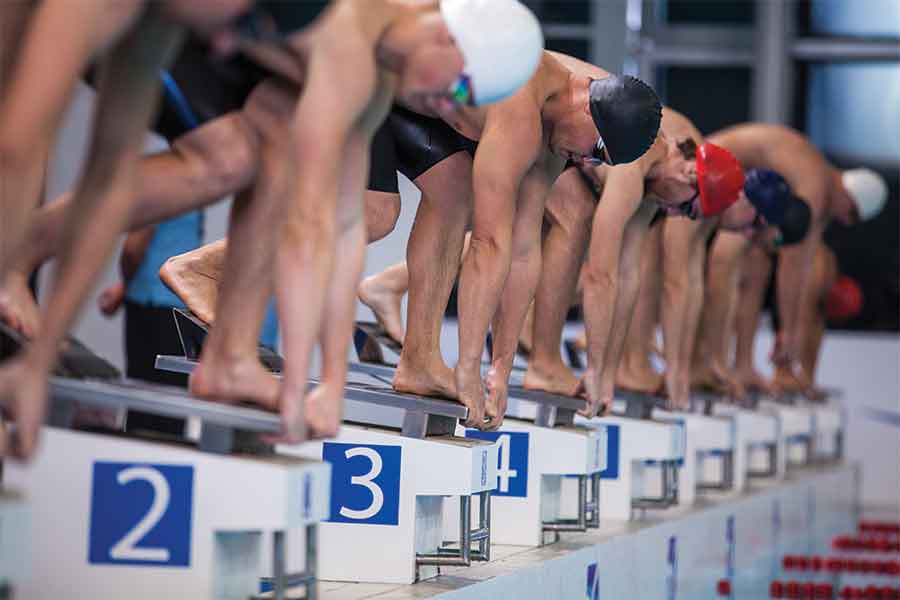Every two years, the world’s eyes collectively turn to one event.
It may be because the joining of countries across the globe for the pursuit of excellence is overwhelming, and because it is mesmerizing to watch Olympians as they control and manipulate their bodies in almost unbelievable ways.
But in spite of the astounding ways that they can run, swim, or spiral through the air, Olympic competitors are only human. And humans need sleep.
Beach volleyball gold medalist Phil Dalhausser admits that he takes regular naps while on the unpredictable road through competitions.
“When I sleep well my mind is sharp and it’s easy to focus,” he says. “On a bad night’s sleep my brain feels foggy.”
The benefits of a good night’s sleep are becoming more and more well known, but the effects of a bad one are so numerous and conditional that people may not realize just how essential it is to make sure they are well rested.
The 11th Annual Day in Respirology will give medical professionals a specialized update in sleep medicine, focusing on circadian rhythm disorders and ASV in central sleep apnea, among other topics.
Esteemed experts are gathering to talk about the ways in which the right diagnoses can be reached faster, about how insomnia can be treated, and new treatments for narcolepsy.
With a growing awareness of the importance of healthy sleeping habits, researchers are constantly finding new ways to ensure patients are facing each day focused, renewed, and awake.
Gabby Douglas, who just last week helped win the US Women’s Gymnastic team win gold in Rio, says falling asleep on time plays an enormous role in her training.
“I usually wake up eight hours later feeling very refreshed.”
The Annual Day in Respirology will take place November 25th, 2016. For more information, visit www.cpd.utoronto.ca/respirology.
